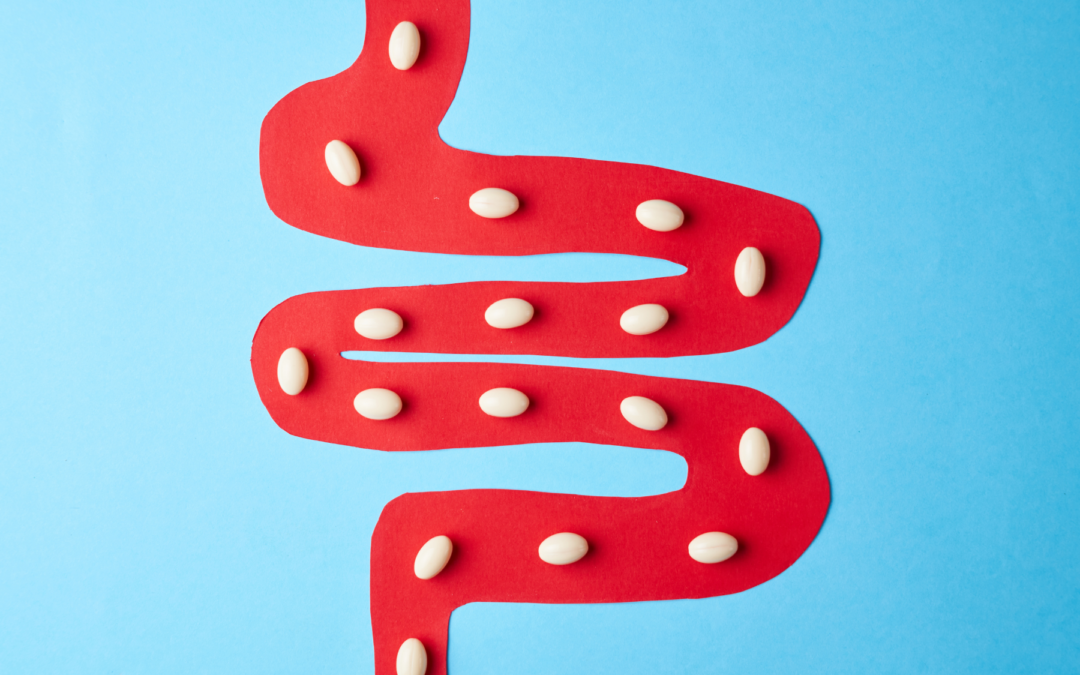Have you ever wondered why certain weight loss diets didn’t work for you– even though you did everything right? When we go on a new diet we might not think about how our bodies react. Most of us know weight loss might come along with eating fewer calories or getting more cardio. But, many people can get so blindsided by the desire to lose weight and look a certain way they don’t realize their bodies are unhappy in the process.
There are a few factors that can contribute to certain weight loss diets not working for us. Today, we’ll talk about the one we see most often: constantly putting our bodies through different diets which results in our bodies adapting to fewer calories than we actually need or are used to. This makes it challenging to lose weight.
Energy Needs For Weight Loss
You see, we each have a set amount of energy that our bodies burn throughout the day. This number is different for everyone. It is influenced by our height, weight, age, gender, and body composition, among other factors. This is what we call our Resting Energy Expenditure (RMR). Our RMR is the amount of energy we would need to lay in bed all day.
Our RMR changes and adapts based on the way that we feed our bodies. This is called metabolic adaptation. Our metabolism slows down with metabolic adaptation. A slower metabolism lets our body conserve and store energy rather than burn it. This is common when we are getting less energy from food.
This helps explain why going on a low-calorie diet and doing a lot of cardio can provide effective weight loss results pretty quickly the first time around, but not always the times after that.
How Does Metabolic Adaptation Happen?
Let’s say you tried a low-calorie diet with extra cardio and saw changes in your weight. You were successful, but the diet and exercise regimen weren’t sustainable. Over the years, you realize your weight slowly creeps up until you decide to try losing weight again. You do what you did the first time but notice that your body isn’t responding to this regimen the way it did before. So you move on to plan B and try a different type of diet you hadn’t done before. This time you do see results. Flash forward again a few years, and now neither of these diets is working for you.
How can this be? You follow the diet to a T, you eat way fewer calories than normal, and you work out consistently. After all, eating less and burning more is the key to weight loss, right? In many cases that is correct, but it is not the case for everyone, especially if you’ve been down the dieting road before. If you’ve gone through a similar pattern with dieting, you may have noticed less of a reaction to each diet or you might be at the point where you just don’t see results.
Why The Diet Isn’t Triggering Weight Loss
Our dietitians see clients in this situation often enough to know your metabolism has likely adapted to a low-calorie lifestyle. Your body is in energy conservation mode and that’s why even with a low-calorie diet, you are not able to see much of a change in your weight.
Metabolic adaptation is one of the most common reasons you’re not able to lose weight through conventional weight loss methods. Other factors that can affect weight loss include our stress levels, sleep quality and quantity, autoimmune diseases, and some chronic diseases. Managing or getting these other factors under control can greatly impact our ability to lose weight as well.
So where do you go from here? Can you increase your metabolism after metabolic adaptation? Luckily, you can increase your metabolism when it has gotten low. If you’re stuck going on diet after diet and want to see lasting results, we encourage you to schedule an appointment with one of our dietitians who can help you reach your weight loss goals! Our dietitians take into consideration all factors that you may have going on to tailor a recommendation specific to your needs.







